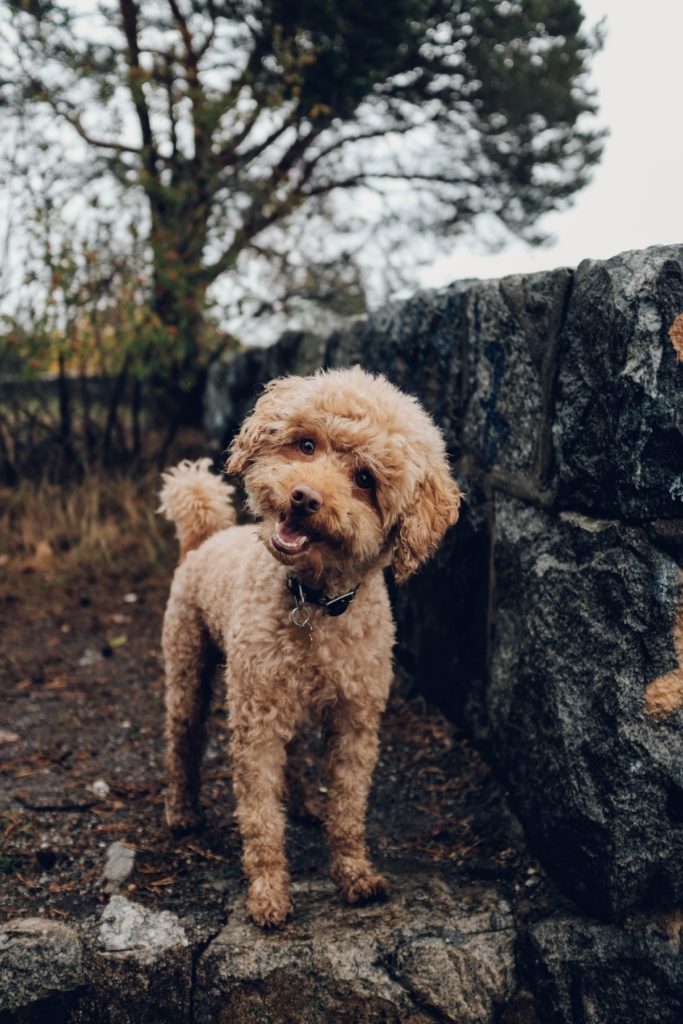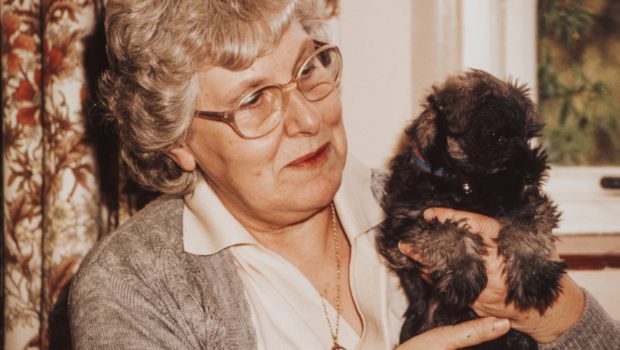Dog Breeds Suitable For Seniors
It doesn’t matter which dog you choose for yourself or your family; they thrive on companionship, love, and affection, and the same is true for those people who are progressing in age. Some seniors are isolated, especially during the societal restrictions placed on most areas currently. These people are in need of company. Family member are finding a way to ensure these loved ones meet with a little extra joy by adding a new puppy to their lives.
Depending on the animal, dogs breed natural treatment or instinct to assist with lowering stress, offer the new parent a routine / a sense of purpose, help with loneliness, and encourage enhanced heart conditioning due to an increase in exercise. It’s essential to make sure to consider the pet’s size, personality, care requirements, and exercise needs compared to the abilities of the potential pet parent.
Choosing A Loved One’s New Best Friend
It might not be possible to bring your senior family member to select their new pet or you may want to surprise them with the new addition. It’s crucial to be sure that the potential pet parent is receptive to the commitment of an animal before the “surprise” of the responsibility. Otherwise, the pet might end up being an unhappy pup.
If possible, allow your loved one to participate in the research of breeds so they can factor in their lifestyle when choosing. If this is an active person, an energetic pup would be suitable, but someone who is more of a homebody would likely prefer an affectionate, calm lap pup.
Maintenance and care are primary factors to consider, including costs for “doctor bills,” hair length, personality/behavior traits, and size, which can determine the level of care. Small dogs require more attention to their needs. View this list of the considerations for best overall breeds.
Lesser Maintenance Pups To Consider For Senior Loved Ones
As a rule, many older adults prefer a pup that is laid back and easy to maintain instead of a hyper, overactive puppy. Some of the lesser maintenance breeds include:
- Poodles: You can adopt a poodle in various sizes, including miniature, toy, or regular size. These are an active pup but considered popular and smart. That allows for easing training.
There is a certain degree of maintenance because of their fur, which would need significant grooming, but these are “hypoallergenic” animals. They are versatile dogs adapting to a variety of atmospheres and enjoying many different activities. You can find Shihpoo puppies for sale online.
- Schnauzers: A schnauzer is also available in multiple sizes, from a mini up to a giant dog. These pups are good with kids with their playful instinct and energy level. The dog can be vocal, but they are keenly alert and noted for their devotion.
A person of age would find this animal to serve as a vigilant watchdog, but you won’t see them as aggressive by nature. The schnauzer wants to please its parent, becoming obedient as it’s trained, and ultimately the senior’s best friend.
- French Bulldog: A pet parent will find this dog to be exceptionally friendly, easy to adapt, not a dog that requires much exercise or grooming (shedding is minimal,) and one of the most loved dogs in America – for these reasons.
The suggestion is that the dog loves to entertain and be in the company of its parent. These don’t get large, with the average height up to as much as 12” and weight not exceeding 25 pounds.

There are a few other breeds at the top of the list. Some for researching besides these include:
- Boston Terrier
- Pomeranian
- Maltese
- Cocker Spaniel
- Shi Tzu
- Yorkshire Terrier
- Chihuahua
- Beagle
Aside from the type of dog you pick for your family member, you want to factor in the age of the pup. An older canine will offer a much calmer demeanor and might match as a better companion than a new puppy.
Some animal shelters will let seniors adopt dogs of advanced age at a lower price point. A dog gets the label “senior” when it reaches the age of 9 or above typically and shelters generally consider people in that capacity over the age of 60.
In some cases, shelters will let you come and spend time with an animal each day to see how you interact with each other before you commit to the adoption. You should ask as many questions as possible to become familiar – go here https://vcahospitals.com/know-your-pet/how-to-choose-a-good-dog-breeder for guidance. It’s essential to make sure that you’re positive before you take the pup home. No dog wants to return to the shelter.
Cover Photo by Annie Spratt on Unsplash








![The Growing Need of Mobile Threat Defense [Infographic]](https://technofaq.org/wp-content/uploads/2020/05/mtd-featured-image-150x150.png)





